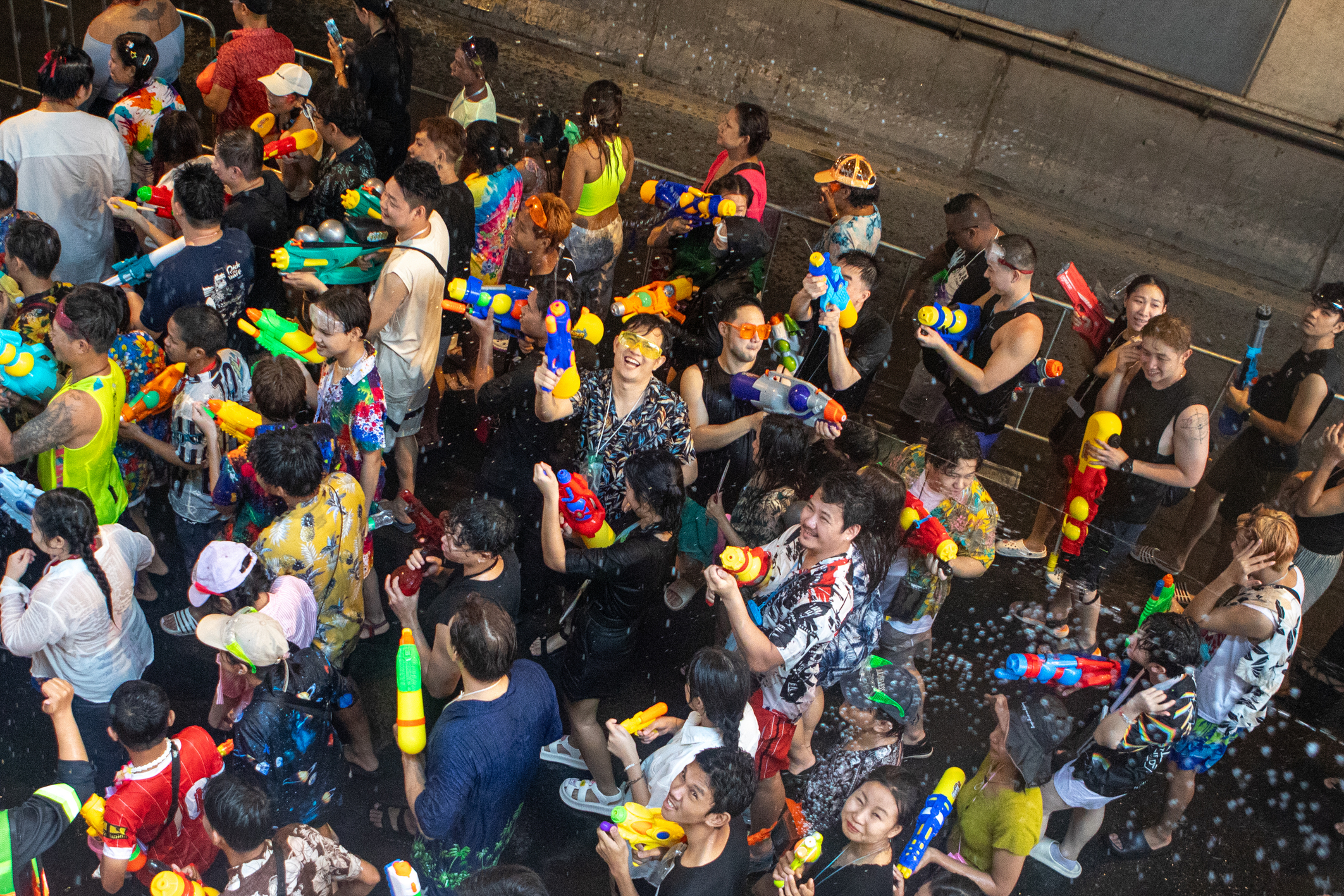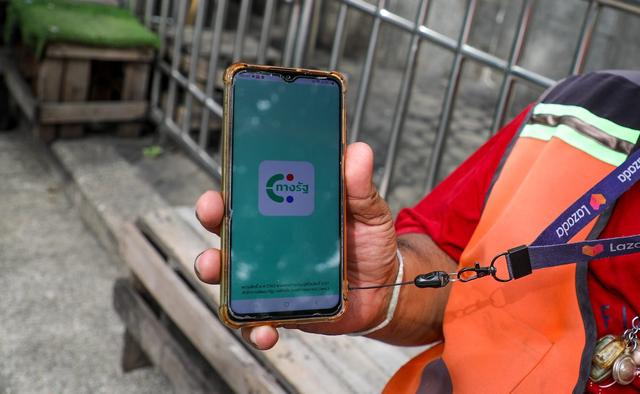With many people planning trips home, vacations, or shopping for water-play gear, scammers are also preparing. Songkran has become a prime time for online scams, especially fake accommodation bookings and festival product sales. These often use unrealistically low prices to lure in victims.

Thai PBS Verify interviewed Pol. Col. Neti Wongkulab, Deputy Commander of the Technology Crime Suppression Division, who warned that scammers often exploit seasonal trends, especially around Songkran.
Popular tactics include:
✅ Fake accommodation bookings – fraudsters create ads for non-existent hotels or rentals.
✅ Fake sales of festival-related products – such as clothing, water guns, and other holiday gear, using content pre-prepared to match the seasonal demand.
Scammers typically launch targeted ads aimed at users planning trips or shopping for the festival. These often feature unrealistically attractive promotions to draw attention. The public is urged to verify pages and sellers before making payments.
How to Spot Fake Pages Used in Scams
Here are 8 simple ways to check if a page is fake:
1.Check page transparency – See if the page has changed names or where the page managers are located.

2.Review follower details – Fake pages may hide follower counts or use fake followers to appear legitimate.

3.Look at page name spelling – Scammers may use dots or special characters to mimic real pages.
4.Observe posts and engagement – Watch for suspicious interactions, such as angry reactions or lack of genuine reviews.
5.Verify account before payment – Use the name, bank account number, or PromptPay number to search scam databases like blacklistseller.com or chaladohn.com
6.Assess credibility – Check product reviews and reactions. A high number of angry reactions may signal dissatisfaction or fraud.

7.Request live confirmation – Ask the accommodation owner to go live or video call before making any payment.
8.Avoid buying via Facebook – It’s hard to verify seller identities on the platform.
Common Scams During Songkran and How to Protect Yourself
1. Fake Hotel Booking Scam
Fraudsters create fake websites or ads on platforms such as Facebook, offering attractive prices and using real photos to lure victims. After transferring payment, victims often find the booking does not exist or the contact disappears.
How to protect yourself:
✅ Verify the hotel on Google Maps or book through trusted sites, for example, Agoda or Booking.com
✅ Check real user reviews and avoid pages that provide little or no information
✅ Contact the hotel directly using official phone numbers
✅ Avoid transferring money to personal accounts without full verification
- Fake Sales of Songkran Products
Scammers advertise cheap water guns, clothing, and accessories using stolen images. Victims either receive low-quality items or nothing at all.
Prevention tips:
✅ Buy only from verified stores with real reviews
✅ Check seller accounts through platforms such as Blacklistseller or scam alert groups
✅ Choose cash on delivery instead of paying upfront
- Fake SMS or Email from Banks and Delivery Services
During this busy shopping season, scammers send fake messages claiming payment issues or delivery problems. These messages often contain links designed to steal personal data or OTP codes.
Protective measures:
✅ Never click suspicious links in SMS or email
✅ Contact the claimed company directly to confirm
✅ Use official bank or delivery application to check status
If You’ve Been Scammed:
Collect evidence such as:
✅ Fake page profiles
✅ Ads links
✅ Product images
✅ Chat history with the seller
✅ Payment receipts
File a report at your local police station or online via www.thaipoliceonline.com
Hotlines: 1441 or 081-866-3000 (24 hours)





